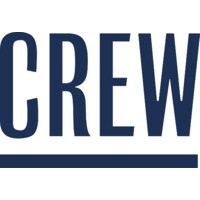
Citizens for Responsibility and Ethics in Washington (CREW)
At CREW, we use aggressive legal actions, in-depth investigations, and innovative policy and reform work to achieve that vision. We take on big fights against powerful opponents, from the President of the United States to wealthy dark money donors. Despite long odds, we continue to have victories large and small, thanks to our innovative legal strategies and unrelenting dedication.






